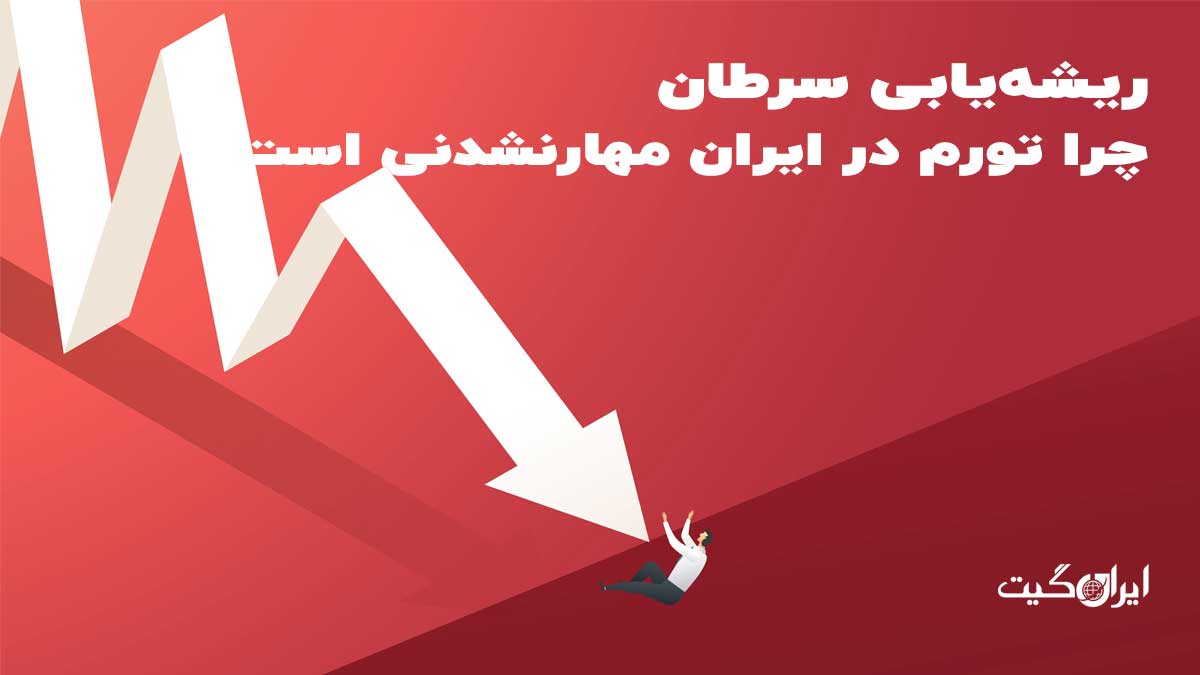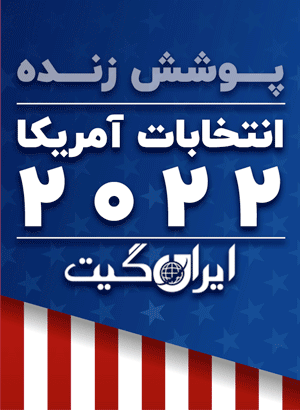However, it should be noted that the economic policies of the thirteenth government were so crude and unprincipled that even if there were no external obstacles, inflation would naturally have intensified and advanced. However, experts believe that even with the adoption of principled and correct policies, it is not possible to control inflation at least in the current conditions and with the current structure of the Iranian economy. But what are the consequences of this and what damage has it caused to the economy?
The murder of production by inflation and rent-seeking
Pricing or determining the exchange rate was a keyword that was addressed in 6 major cases of dividing the rent. Of course, in some cases, such as licensing rent or land rent, this destructive tool does not seem to be involved. However, we should not overlook the central role of command pricing policy in institutionalizing inflation and corruption in the Iranian economy.
But who has been most affected by the pricing policy? Although the biggest losers of such policies are ordinary people, if we delve into the details, we must say that domestic producers in the real private sector have suffered the greatest losses from the adoption of command pricing policy.
The reason is also completely clear why, without government support and intervention, they import raw materials at global prices, sometimes even more expensive than international market rates, and bear the heavy cost of production. But in the end, it is the government that forces them to supply their products at the desired government price in the market.
It should be noted that chronic inflation in the Iranian economy has caused prices to naturally fluctuate in various markets. However, government pricing policies apparently prevent these fluctuations. Not only do imported goods disrupt this balance, but they also hinder private sector producers from keeping up with inflation and competing with imported goods.
In light of these circumstances, how can producers who genuinely care about non-rent-seeking work profit? In fact, the flawed system of the Islamic Republic either disheartens these productive economic actors or forces them to join the ranks of rent-seekers if they have the qualifications in the eyes of powerful circles.
A rent that threatens the existence of the system.
However, the division of these rents in Iran’s economy has had numerous disastrous consequences in addition to putting pressure on the budget and exacerbating inflation. These consequences can paralyze a country’s economy. For example, the division of rents in the energy sector has led to imbalance in future energy production and fuel in the country. This imbalance has reached such a serious level that it is currently intensifying the crisis of unfavorable business environment.
On the other hand, the situation has also taken on security aspects, which is currently a hot topic in the media. This is because the experience of the sudden and unavoidable increase in gasoline prices in November 2019 has put President Ibrahim Raisi’s government at a critical crossroads.
Furthermore, the necessary resources to continue the division of these rents are not available to the government, and on the other hand, the government is concerned that social and political tensions will escalate once again, leading to more delicate situations.
That’s why it is said that the policy of dividing energy rents has caused the Islamic Republic system to face serious threats whenever governments are forced to adjust prices. As mentioned, a recent example of this was seen in November 2019, which temporarily ended with the killing of over 1500 protesters.
Issuing bank licenses to rent-seekers.
The distribution of rent in the allocation of bank facilities leads to the formation of powerful stakeholders who may establish banks or financial institutions. This strange action is a clear indication of the spread of corruption in various sectors of Iran’s economy, allowing these stakeholders to benefit directly from the rent of facilities without intermediaries.
In other words, by establishing a bank, they have the ability to lend to themselves without being held accountable, even though such actions are completely illegal. However, circumventing the laws is easily accessible to these individuals.
Ultimately, most banks suffer from imbalanced balance sheets due to creating unsecured money and non-repayment of large facilities. The cost of these bankruptcies falls on the central bank and ultimately on ordinary people, as the government does not allow any of the banks to declare bankruptcy for security reasons. Therefore, the central bank is forced to compensate for the imbalance of banks through money creation.
In the face of inflation, policymakers also take measures to stabilize the exchange rate and energy prices, or in other words, expand the rent-seeking domain. At the same time, the real interest rate on facilities will tend to become negative, and the demand for facilities will increase in the future.
What is the solution?
Almost all economists believe that the solution is not in the temporary change of government positions, but in the rent-seeking structure of the Iranian economy, which has led to such problems. Until governments stop dividing the rent, expecting a significant imaginary change is futile.
However, the majority of experts believe that the solution lies in establishing a democratic structure in the country. Only in this way can people put an end to the division of the sixfold rent. Naturally, without social capital, the government will not be able to implement reform policies within the country’s economy.
Therefore, it is said that democracy can be the key to solving the country’s problems, including economic problems, especially the issue of controlling inflation in Iran. In other words, controlling inflation will not be achieved through slogans and orders, but requires strengthening the element of trust in governance within society.
The field of cancer research in Iran’s economy has been exclusively covered in articles on Iran Gate. Other sections are accessible through the following links.
- ریشه یابی سرطان اقتصاد ایران / چرا تورم ایران مهارنشدنی است؟ قسمت اول
- ریشه یابی سرطان اقتصاد، چرا تورم در ایران مهارنشدنی است؟ / قسمت دوم
- ریشه یابی سرطان اقتصاد ایران، چرا تورم در ایران مهارنشدنی است؟ / قسمت سوم
- ریشه یابی سرطان اقتصاد ایران، چرا تورم در ایران مهارنشدنی است؟ / قسمت چهارم (در حال مطالعه این بخش بودید)


